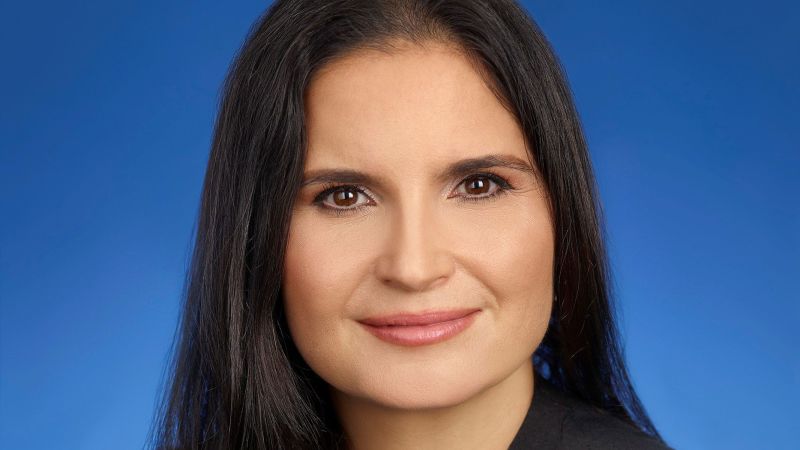As the hush money case against Donald Trump in Manhattan approaches the end, a new phase of pretrial activity begins in the federal classified documents prosecution in Florida. Defense attorneys will argue two motions in front of Judge Aileen Cannon. The first accuses vindictive prosecution, while the second claims technical flaws in the indictment. Trump, his valet Walt Nauta, and Mar-a-Lago property manager Carlos De Oliveira have all pleaded not guilty to charges of taking classified national defense documents from the White House.
Trump, who has obtained permission to skip the upcoming proceedings, is accused of taking classified documents and resisting government attempts to retrieve them. The trial start has been indefinitely delayed due to unresolved pretrial issues, with the next hearing scheduled to begin late July. Critics have accused Judge Cannon of playing into delay tactics and it appears unlikely the charges will go before a jury before the 2024 election. If Trump wins the White House, it is expected that he will make the charges go away.
Recent days have seen major motions from Trump attacking the prosecution publicly docketed, revealing disputes over redactions in public filings. Earlier this week, hundreds of sealed court filings were made public as part of Trump’s efforts to have the charges dismissed. These filings included a ruling finding sufficient evidence of crimes by Trump and allowing investigators access to information normally protected by attorney-client privilege. Trump seeks to have this evidence and the documents obtained in the FBI’s search of Mar-a-Lago excluded from the case.
Despite these developments, the motions related to evidence exclusion are not scheduled for argument at the upcoming hearing. Judge Cannon has expressed concerns about the special counsel’s office seeking redactions after previously approving full publication of information in earlier court filings. She emphasized the need for consistent and fair application of sealing and redaction rules and warned parties against making requests that undermine prior representations without full disclosure to the court.
The delays in the trial and the slow pace of pretrial proceedings have drawn criticism from legal experts, who see it as playing into the GOP’s delay tactics. The judge’s handling of the case has been questioned, with concerns that the charges against Trump may not reach a jury before the 2024 election. The upcoming hearings are expected to address some, but not all, of the pretrial issues, with the trial date still uncertain. It remains to be seen how the case will progress and what impact it may have on Trump’s political future.


